How the bank makes money
I've mentioned in previous posts that I believe the #1 problem Canadians face in their financial lives is that someone else controls the banking function.
In order to understand how much of a problem this is, it's important to first identify how they make money.
When you make a deposit to your chequing account, you (perhaps unknowingly) consent to allowing the bank to loan out your money.
Since Canada uses a fractional reserve system, banks only need to keep 10% of your money on hand. The remaining 90% can, and is, loaned out.
In return, you are paid a small percentage in interest, and charged fees to access your money. For comparison, CIBC currently offers personal accounts with interest paying less than 0.3%, and monthly fees starting at $16.95. In other words, you pay to store and access your money.
If you are like most Canadians, you carry some sort of consumer debt in the form of credit cards or loans. Where does the bank get the money to lend you? The pool of funds in other people's accounts, including yours. Consumer debt rates range, up to 29.9%.
You pay the bank a lot to access cash, including yours.
Using a fractional reserve system is also problematic.
Looking at the attached example, we can see that Jim's deposit was loaned to Lisa. Further, the bank made a whopping 800% profit on the small amount of interest that was paid to Jim in exchange for the use of his money.
Some more food for thought...
What happened to the $900 that Lisa spent?
Is it reasonable to assume it was deposited into someone else’s bank account?
If so, the bank could then lend 90% of that deposit...and so on. Jim's initial $1,000 deposit can easily add an additional $900 into circulation.
More dollars in circulation = more dollars needed to purchase goods.
Also know as inflation.
What happens if everyone pulls their deposits at the same time?
How safe do you feel about your bank deposits?
Last week, I touched on the perfect investment. Stay tuned to learn how anyone can use the perfect investment to take over the banking function in our lives. As R. Nelson Nash said, "You don't have to be rich to get into the banking business."




